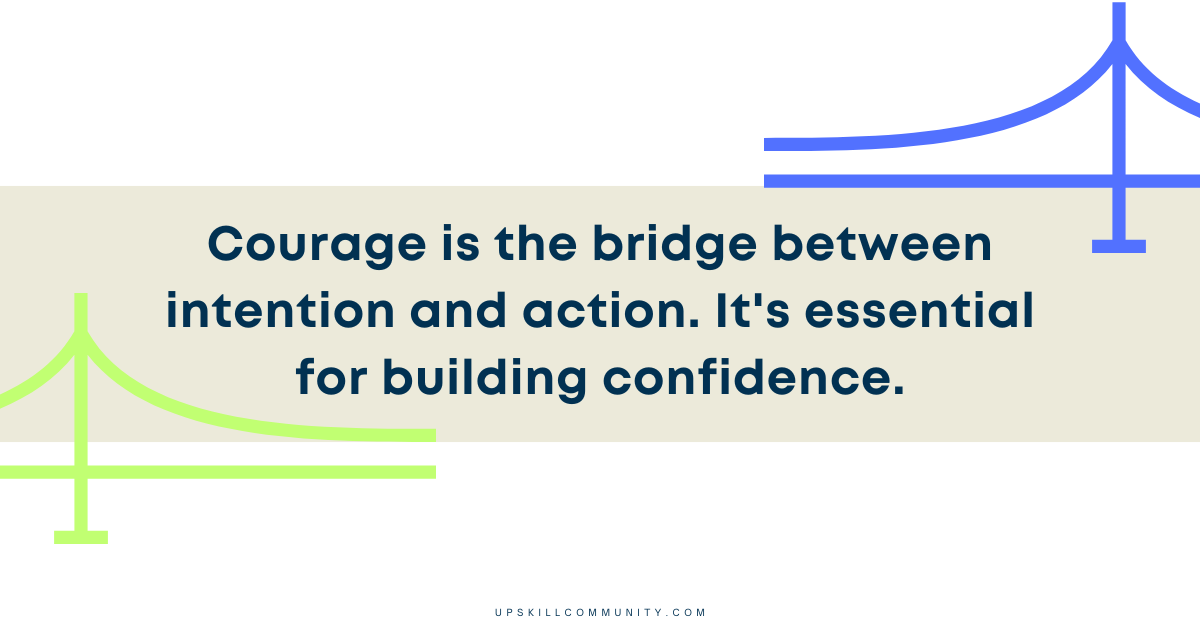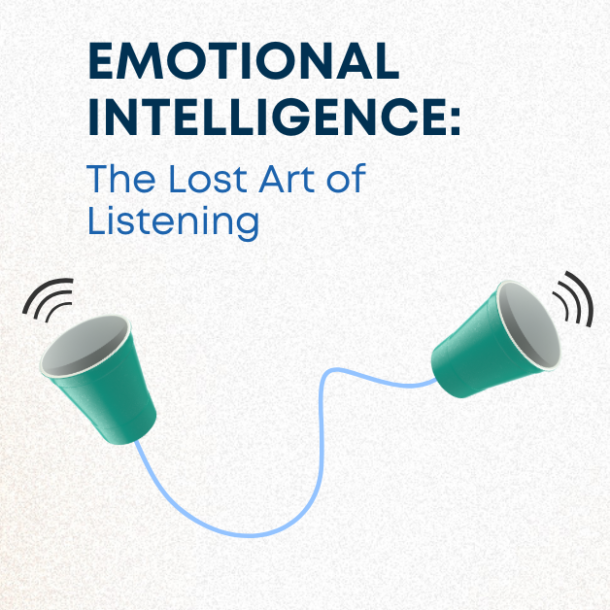C stands for Courage
Dont have time to read? You can watch this video here:
Last week, we introduced the CIA formula for developing confidence, which includes courage, intention, and action. We discussed the “I” — setting the INTENTION for building confidence ad establishing goals is the first crucial step. But after the intention is set, we need to take REAL action toward them.
This week, we explore “C” in the formula, which stands for courage. But before we start, let’s recap what confidence IS and what it IS NOT:
Self-confidence is an accurate and positive belief in one’s skills and abilities. It is a SKILL that can be developed and learned through practice and experience.
Remember that confidence IS NOT extroversion, arrogance or bragging rights.
What is courage?

There are several definitions of courage, such as the ability to do something that frightens you, mental or moral strength to persevere through danger or difficulty, or strength in the face of pain and grief. What courage means to one person can be different for someone else. This is because everyone has different areas in which they’re trying to develop courage. This part matters less. The important part is picking the definition that resonates with you, and using it to adopt a unique approach to your own goals.
To develop courage, you need to first be BRUTALLY HONEST with yourself. Shame researcher Brene Brown states that vulnerability is a key piece necessary for courage. Take time to reflect…
What support will you need?
Are you afraid of failure?
What is it that might prevent you from moving to action?
Vulnerability
Okay, so here’s the deal: being vulnerable is easier when you’re in a safe and trustworthy relationship. It’s tougher when you’re in a competitive workplace and you’re worried about the consequences of opening up. But you don’t have to spill your guts all at once. Start small, take little risks, and work your way up. And remember, taking risks always comes with some risks and rewards, so weigh them carefully. To start, try turning your camera on during a virtual meeting, asking questions, or sharing a story in a team meeting. As you become more comfortable, you’ll develop a palette for taking bigger risks, like taking steps toward scoring a promotion.
But I’m scared!
Dealing with fear is all about controlling it, not getting rid of it completely. It’s important to recognize that fear is a form of emotional intelligence hardwired into us to help us survive. The key is learning to control it, so you can muster the courage to do the things that frighten you.
Remember that courage means working through fear, anxiety, hurt, and maintaining trust in the process while doing so. This is what will develop your confidence. Confidence is a skill that requires thousands of hours of practice, learning, unlearning, and relearning. One takeaway: it might help you to start seeing failure as feedback that helps improve performance, rather than seeing it as something to be afraid of.
Courageous Leadership In The Workplace
Once, I worked with three leaders in an organization that primarily hires and engages with the white community. They noticed that their organization wasn’t intentionally making an effort to become inclusive. They tried to propose strategies to support inclusion, but every attempt got rejected. So they decided to consult members of other communities, but those strategies got rejected too.
So, these three brave leaders decided to go into their own pockets and pay for an advisor to support them in their strategy. The first strategy they implemented STILL got rejected. They’re still working with their advisors to this day—they are motivated to inspire their organization to become more inclusive.
It takes REAL courage to push against the grain, to open up an organization that is closed off for the world to look at. This is how change happens, and where REAL value lies for the world.
Takeaways
I want you to start thinking about what ways are you being courageous already, and what acts of courage are you seeing around you that you can recognize, applaud and commend. Take time to reflect:
- Are you getting clear on your values and knowing what you stand for?
- Are you clear about what you DON’T stand for?
- And are you sticking up for yourself, your goals, feelings and needs?
- Where do you need support? Are you able to develop the courage to seek help?
- Are you sharing your ideas with others so that we can all learn from each other?
Remember that courage is not getting rid of fear — it’s taking action DESPITE the fear. Next week, we will focus on the ACTIONS necessary to build confidence, as the last component of the CIA Formula. Stay tuned!

